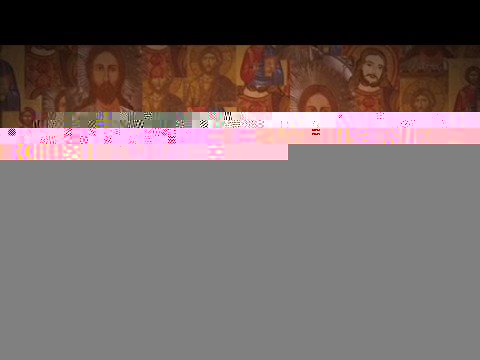The Great Emergence: How Christianity Is Changing and Why (Hardcover)
by Phyllis Tickle (Author) 176 pages
Publisher: Baker Books (October 1, 2008)
This book is about a very significant development within Christianity – and hence the world. The first point about this book is that it is not large. At around 60,000 words it is a fast read. And fast-paced. Tickle brings together an enormous wealth of facts and concepts spanning the whole of Christian history. She interweaves Albert Einstein and physics, psychology, the automobile, Karl Marx, drugs, feminism, Alcoholics Anonymous, the effects of wars, and so on. She fits her points into simple metaphors and diagrams. One might argue with some of her details, but the overall generalisations certainly are strong.
It is some of the details that did take me by surprise. I was surprised by Tickle’s repeatedly referring, without apology, to the Christian Sunday as “the Sabbath”, particularly within her context, and her recurring attempts to include Judaism within her analysis. Similarly “the Dark Ages” was used repeatedly, again without apology – whereas many scholars would now use “Early Middle Ages”. Or her seeing Mormons as the fourth great Abrahamic faith alongside Christianity, Judaism, and Islam. Or (as an Episcopalian herself) her appearing to lump Anglicanism in with continental Protestantism rather than a reformed catholic movement ante-dating and anticipating much in post-Vatican II Roman Catholicism.
The biggest weakness of the book, in my opinion, is that if a reader has no idea at the start of the book what emergent Christianity regularly refers to, what an emergent community might currently look like, they may very well still not have the slightest idea by the end of the book. When she does point to a form of emergent Christianity it is to the “signs and wonders” movement associated with John Wimber, an approach that again might surprise many who see themselves as emergent, but cannot identify with Wimber’s approach.
Tickle rightly highlights the significance of the internet in the changes occurring within Christianity. What she fails to mention is that it is often not “emergent Christianity” but regularly the more conservative to fundamentalist forms of Christianity, from pro-Tridentine Mass Roman Catholics to selectively biblically literalist protestants who have the better websites, higher ranking, and greatest number of hits on the internet.
I am not convinced, as Tickle makes so much of in her book, that of necessity there is a “Great” transforming event within Christianity and Judaism every 500 years. And I do not think that the book would have suffered if that theory was abandoned. I think far more strongly are the phases of pre-Constantinian Christianity, Constantinian “established” Christianity, and our movement now into a post-Constantinian situation. We can still learn from transformative events such as the sixteenth century Reformation, and also compare and contrast with pre-Constantinian Christianity.
She helpfully sees the more conservative parts of her four-sided current Christianity as providing ballast in our movement forward. We all need each other and can learn from each other. There is certainly much of value within this book, and I recommend it as a good read. But I cannot recommend it unreservedly as there is much in it that is open to debate. Hence, it may be a good book to engender such discussion within a group – including of church leaders. Members of such a group could decide how much to prepare from the book before a meeting highlighting what they found helpful, what they disagreed with, what they sought a group discussion on, and how they might apply what they have discussed to enhance their community in our new context.




Well written! Thanks for this review.
The use of “Sabbath” for the Lord’s Day is a pet peeve of mine. I know some Christians regard the Sabbath as having been moved to Sunday, and I see their point. But I don’t agree; I still regard the Sabbath as being the same thing that Jews and Seventh-Day Christians observe, and that’s still Saturday, last I checked.